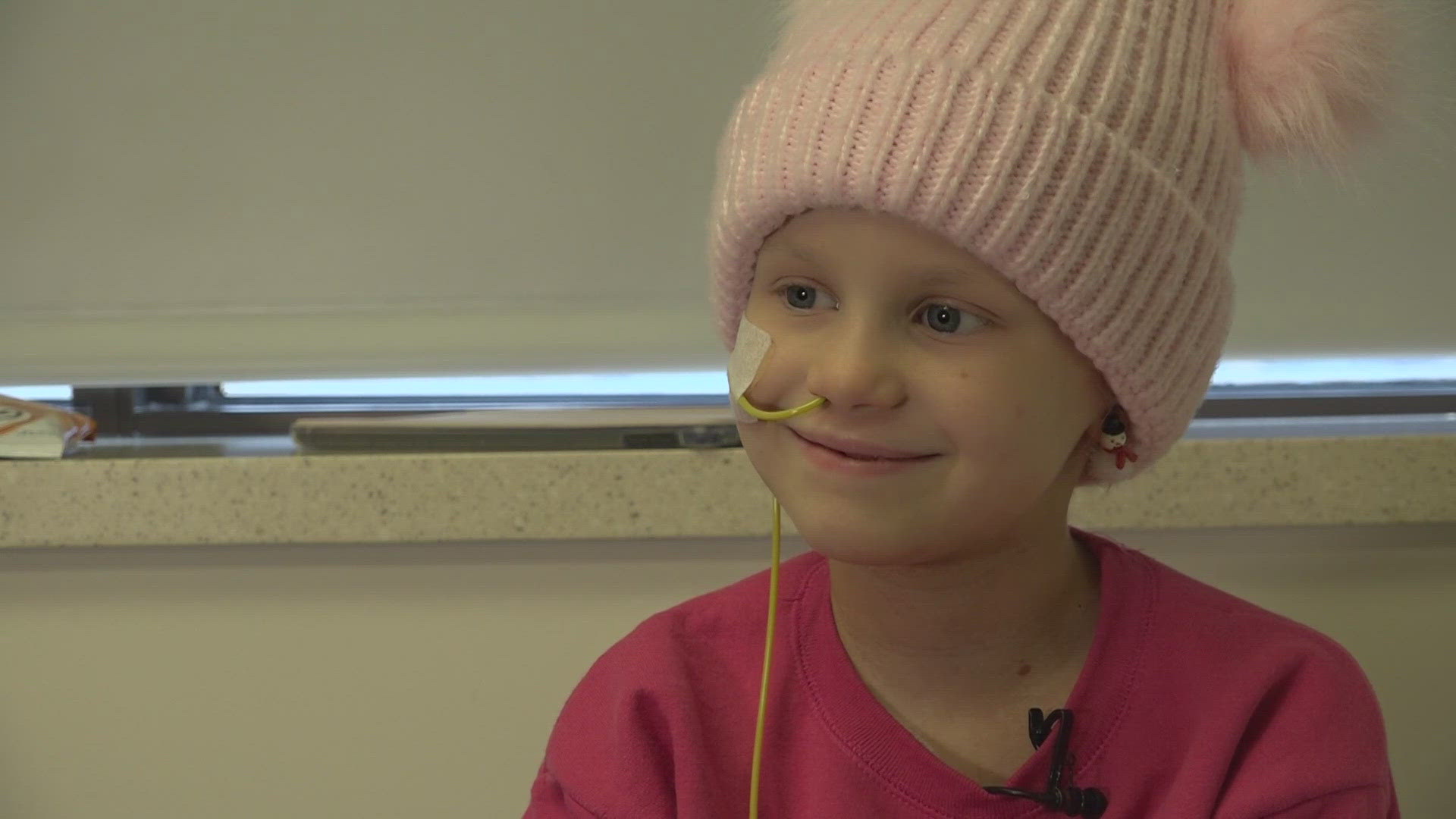By Kim Painter, Special for USA TODAY
"How long do I have, doc?"
That may not be a question many elderly adults come right out and ask their doctors. But a lot of them would like to know the answer, says Alexander Smith, an assistant professor of geriatrics at the University of California-San Francisco.
That's what most elderly adults told Smith and his colleagues in a recent study. And he has another piece of evidence: More than half a million people - many clearly not doctors - have visited a website he and other researchers launched just five weeks ago called ePrognosis (eprognosis.org).
On the site: 16 questionnaires that can roughly predict the survival odds of older adults, over periods ranging from six months to five years. These "prognosis calculators" remain under study and were designed for use by doctors and other health professionals.
But it's no accident the tools are on an easily accessible website, Smith says. "We hope this will stimulate a national dialogue."
Make no mistake: Part of what these researchers want to get the nation talking about is the big D - death and the kind of end-of-life planning that makes some people fear the creation of "death panels" and the denial of costly health care to the oldest, sickest people.
Many elderly people who discuss life expectancy with their doctors may end up getting fewer tests, operations and medications because the short-term risks will exceed any benefit they might get in their remaining time, says Lindsey Yourman, an intern at Scripps Mercy Hospital in San Diego. She was lead author on a paper evaluating the prognosis calculators, published in the Journal of the American Medical Association in January.
But seniors thought to have many good years ahead might end up getting and benefiting from treatments typically thought unwise for people their age, she says.
David Reuben, chief of geriatrics at UCLA's medical school, says he just saw a patient like that. "She was 86 years old, and I told her that in her state of health, we need to be thinking about the next 15 years. She has a good chance of living over 100." Reuben ordered a mammogram - a test not routinely recommended for women that age, who are very unlikely to die of breast cancer before they die of something else.
People are not necessarily disappointed when a doctor recommends against a procedure because of life expectancy, says David Casarett, an associate professor of medicine at the University of Pennsylvania and author of Last Acts: Discovering Possibility and Opportunity at the End of Life. He says that when he tells older patients they are unlikely to benefit from more colonoscopies, "they almost all say, 'Great, because I'm never going to have one of those again.'"
Reuben and Casarett, who are not involved in the ePrognosis site, say they routinely discuss life expectancy with patients who are willing. Casarett says the site is a "brilliant" way to spur these talks in more doctors' offices. But Reuben says the tools there are limited, because they do not predict how many years someone will live: They calculate the odds of surviving for a certain, relatively short time frame. He has worked on developing a tool that produces a firmer number. One version, published in 2010, relies on age, mobility and functioning levels to predict remaining years in people ages 70 to 85. It shows, for example, that a high-functioning 80-year-old man can expect 7.2 more years.
But Diane Meier, director of the Center to Advance Palliative Care in New York, says she's not sure patients would benefit from the routine use of any such calculations. "I don't know if holding their faces and making them look at a number is going to change the way they look at medical care (or) have any impact on quality of care and quality of life," she says.
"My experience is that patients know and families know that life is not infinite."
Smith agrees that not all patients want to talk about their prognosis- and that doctors need to find out which patients do before going further. He, Reuben, Casarett and Meier all say they do that in their practices and urge all patients to think about their goals for medical care and for life, whatever their remaining time.

